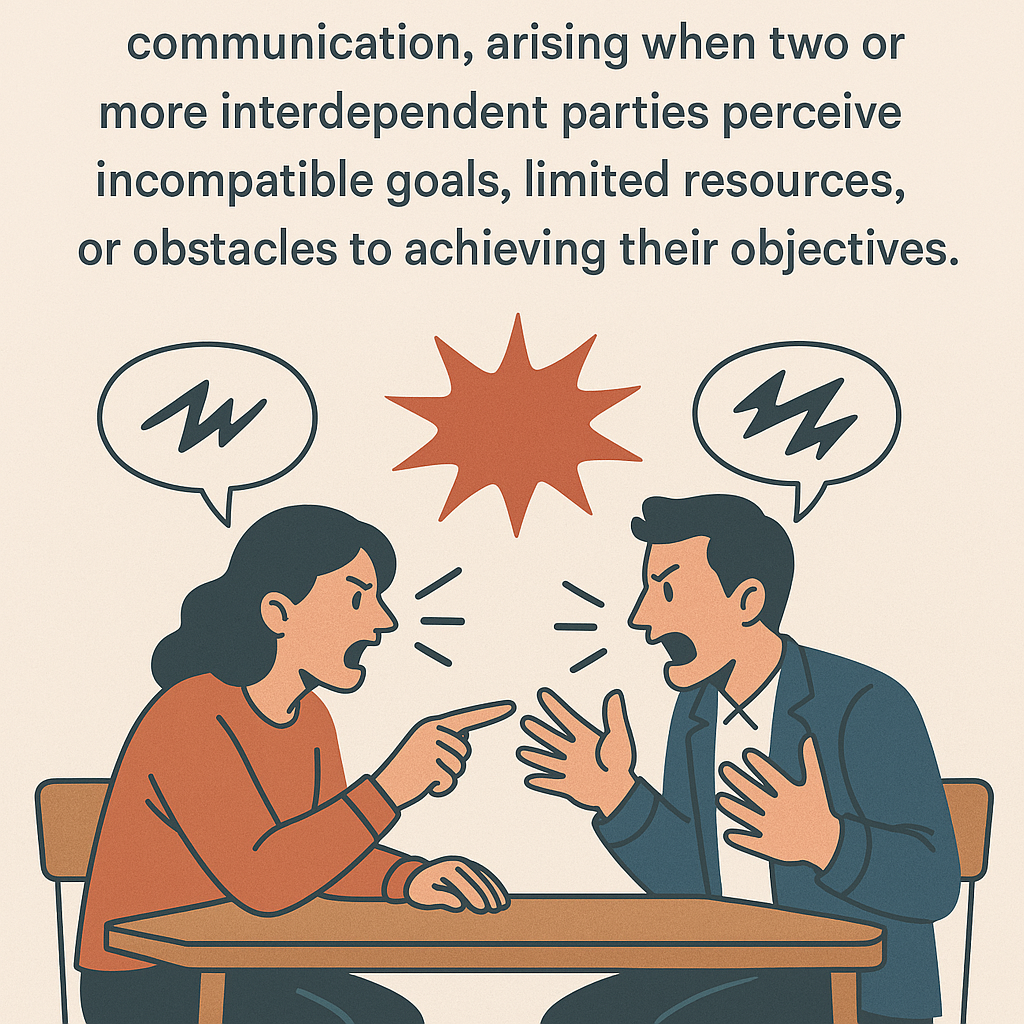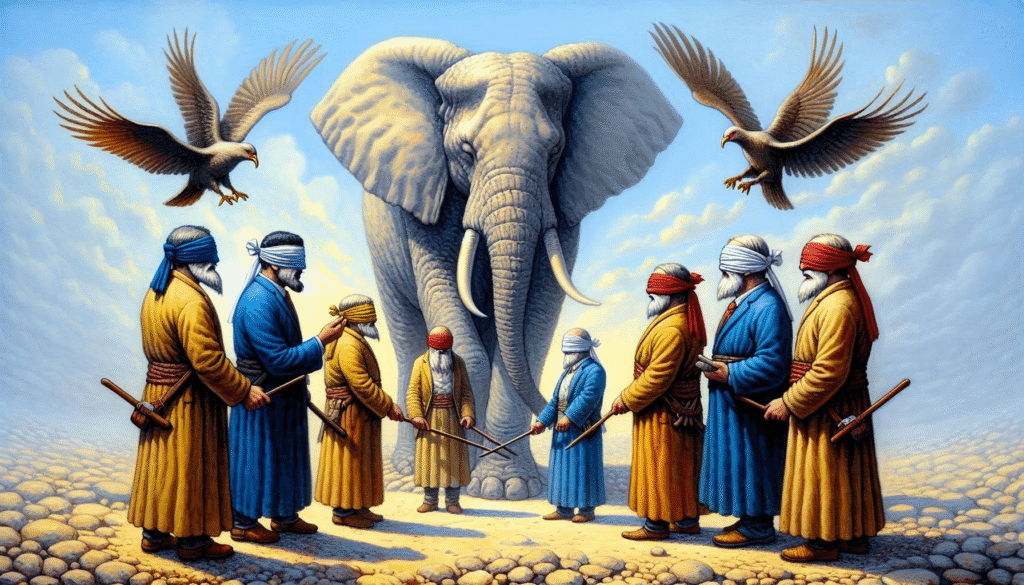Lesallan | May 24, 2025

Understanding Conflict and Conflict Resolution
Conflict is an inherent aspect of interpersonal communication, arising when two or more interdependent parties perceive incompatible goals, limited resources, or obstacles to achieving their objectives (Hocker, Berry, & Wilmot, 2022). This struggle goes beyond mere disagreement; rather, conflict represents a dynamic interaction that manifests both verbally and nonverbally. Analyzing the definitions offered by Hocker, Berry, and Wilmot, it becomes clear that conflict emerges as a process intrinsic to human relationships, often intensifying as individuals become deeply invested in their perspectives and emotional responses. Recognizing these dimensions is essential for understanding the nature of conflict and identifying constructive avenues for resolution (Hocker et al., 2022).
In contrast to conflict, conflict resolution entails a thoughtful process of addressing disagreements through negotiation and communication to identify mutually acceptable solutions. According to the Community Tool Box (2018), this process is rooted in practical strategies that promote open dialogue, receptiveness to diverse perspectives, and acknowledgment of each stakeholder’s interests. This approach seeks to transform conflict from a destructive force into an opportunity for relationship growth and positive change. The primary objective is not simply to suppress or avoid conflict but to engage in a process that preserves and enhances relationships, ensuring that all parties feel heard and valued (Community Tool Box, 2018).
What particularly stood out in the readings was the notion that conflict, often associated with negative connotations and strong emotions, can serve as a catalyst for positive outcomes when managed effectively. For instance, the text by Hocker et al. (2022) illustrates that conflicts are not inherently harmful; they can lead to growth when individuals are willing to delve into the underlying issues instead of merely trying to eliminate disagreement. This perspective invites a reconsideration of how we perceive conflict as not merely an event to be avoided but rather an opportunity for meaningful engagement. Similarly, the Community Tool Box (2018) emphasizes that the negotiation process inherent in conflict resolution can deepen understanding among conflicting parties, fostering trust and enhancing future interactions. Together, these perspectives highlight a critical point: the emotional intensity associated with conflict is both a challenge and an asset if harnessed to promote sustainable outcomes.
From a broader perspective, these readings indicate that effective conflict resolution transcends individual incidents or disagreements. It is an ongoing process that requires skills such as active listening, empathy, and clear communication. In various contexts, from personal relationships to community interactions, strategically addressing conflict can foster innovation, improve problem-solving, and strengthen social connections. The readings advocate for an initiative-taking approach to conflict, where recognizing and navigating differences is viewed as a vital part of growth and resilience in any relationship (Hocker et al., 2022; Community Tool Box, 2018).
In summary, by examining and embracing the definitions of conflict and conflict resolution presented by Hocker, Berry, and Wilmot (2022), as well as the Community Tool Box (2018), we develop a richer understanding of the dynamic interplay between disagreement and the potential for positive change. The emphasis on open dialogue, empathy, and strategic negotiation offers a framework for constructively navigating conflict, fostering improved interpersonal and community relationships.
References:
Community Tool Box. (2018). Chapter 20. Providing information and enhancing skills | Section
6. Training for conflict resolution | Main Section. KU Community Tool Box. https://ctb.ku.edu/en/table-of-contents/implement/provide-information-enhance-skills/conflict-resolution/main
Hocker, J. L., Berry, K., & Wilmot, W. (2022). Interpersonal conflict (11th ed.). McGraw Hill
LLC.



